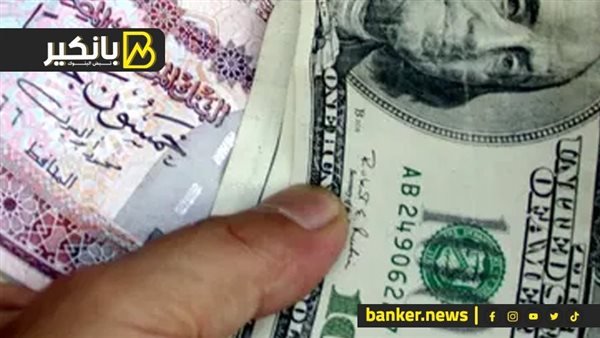
French bank stocks fell due to the possibility of the government collapsing and the worsening political crisis, which raised concerns among investors.
BNP Paribas – the country’s largest lender by market value – fell about 3% while Société Générale fell 4.4% and Credit Agricole fell 2.8%, putting them among the worst performers among European financial companies.
The French government could collapse in the coming weeks, with Prime Minister Michel Barnier facing a potential vote of no confidence that would oust him if he succeeds.
His political survival depends on whether the country’s far-right National Rally party seeks to force him out or chooses to abstain from voting after next year’s budget is passed, allowing him to remain in office and the budget survive.
While there are systems in place that would allow the French state to operate even without a budget, such an outcome would constitute a setback for the country’s efforts to rebuild its credibility with investors.
Political uncertainty is fueling investor fears, pushing the spread between French 10-year bonds and their safer German counterparts to its highest level in more than a decade.
“I don’t think I would buy French financial stocks broadly” at the moment, said Nicolas Simard, a large equity fund manager at Goldman Sachs Asset Management. The sector is among the “most sensitive to the rise in the spread” between French and German bonds, along with utility and telecommunications companies.
French banks have already largely missed out on the rally seen in European bank stocks this year, partly because of a retail market where banks are constrained in how quickly they can pass on higher interest rates.
Investors have also fled the country’s stocks since President Emmanuel Macron’s surprise decision in June to call a general election, making the CAC 40 blue-chip index an index that rarely performs better than expected in developed markets in 2024.
French bonds began posting a weaker-than-expected performance early last week, and the current gap-widening spell is the longest since 2022.
Citigroup strategists said on Tuesday that the gap could reach 100 basis points faster than expected. Meanwhile, a credit measure of the country’s risk of exiting the eurozone reached its highest level in seven years.



